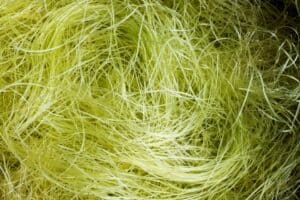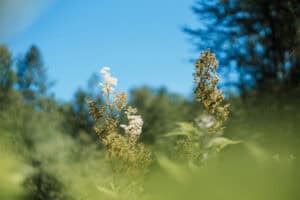In our modern world where it seems like almost everyone has a digestive symptom of some sort, and bitters or bitter tasting herbs, are becoming significantly more popular. Bitters are a common category of herbal medicine that are universally used to support digestion. While bitters are amazing and incredible in all the many ways in which they support the digestive system, they’re not always the most appropriate type of remedy for everyone to use.
There is some danger in terms of whether bitters are appropriate for certain people with a certain constitution. A question also came to me recently in regards to whether someone could actually be dependent on bitters because of the way in which bitters stimulate our bile secretions, digestive enzymes and stomach acid. Is there a possibility that our body becomes dependent on bitter stimulation in order for those secretions to happen?
There are 3 main factors that I think are important as herbalists for us to consider when we’re treating the digestive system that can be easy to overlook. So I’m also going to discuss what I see as important and should be considered when treating chronic digestive symptoms. Even if it’s something as mild as gas or bloating or sensations of fullness – which we might not consider as major but more as a minor annoyance, but are still important things to treat because it might be indicating something going on at a deeper level.
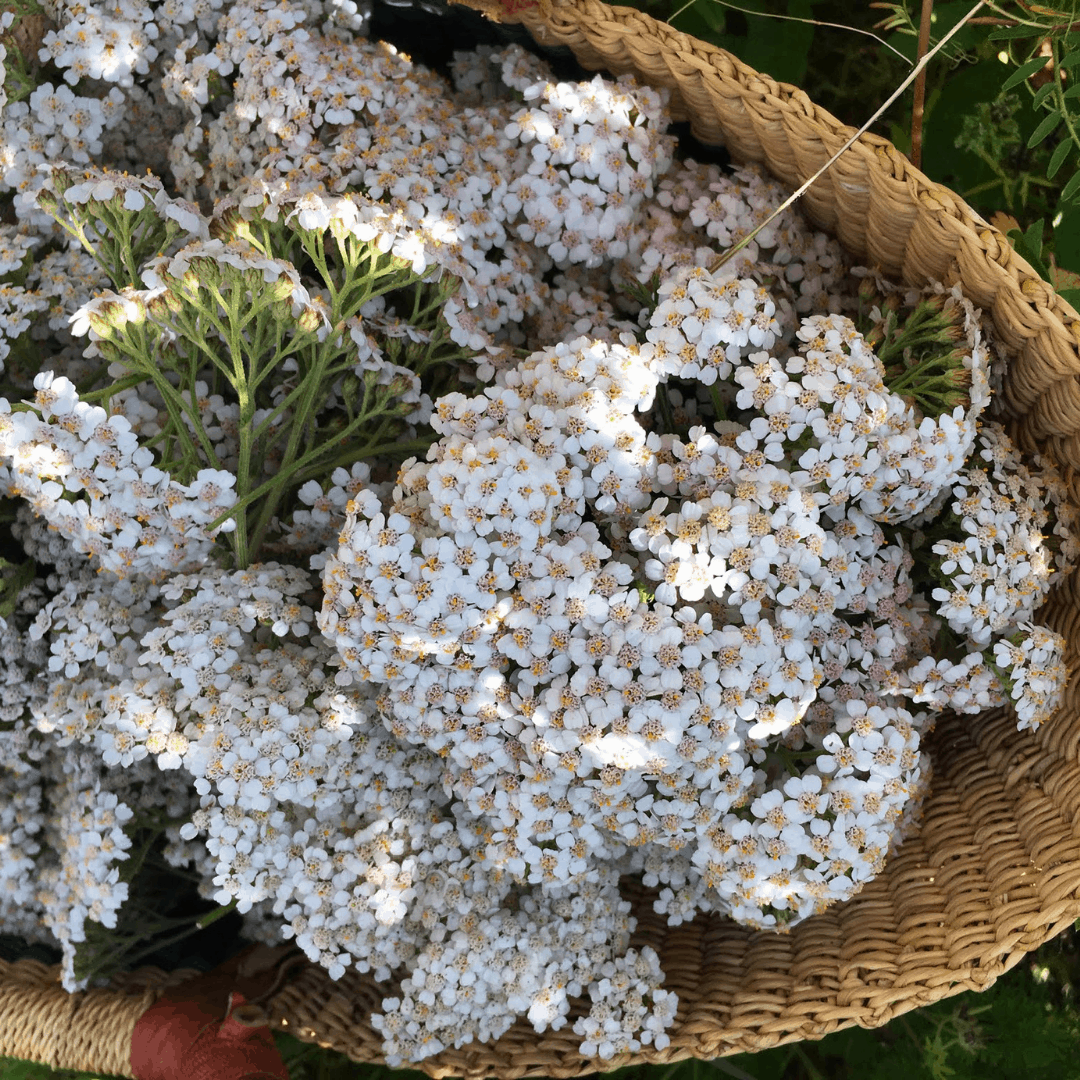
So if someone is using bitters before a meal, will the body eventually become dependent on the bitters for normal bodily function / bile secretions? This is a question that I have wondered myself, and to be 100% transparent, I don’t 100% know the answer. But what I can share with you is my guess based on my own understanding of the way bitters work and the way digestion works.
In general, what I do know is that an excess of use or too prolonged use of bitters can lead to some coldness in the digestive system because those bitters are constantly cooling you down. That constant cold property of the bitters can lead to cold digestion, which in some people is not good. This is why usually they’re formulated with some warming carminatives like Fennel and Angelica, Caraway, Cardamom, Oregano, Rosemary, things like warming spices and so on. If someone absolutely has to take their bitters before a meal—because if they don’t, they get gas and bloating or some kind of upset tummy—what’s really going on here? Why is your body not digesting well?
Bitters can potentially be more palliative rather than a longer-term curative agent. Sometimes people just need to take some bitters for a while that retrain the body, reset their liver, reset their gallbladder, to get things moving again. But if someone is dependent on it, it’s worth exploring potential deeper things going on there. So my first go to is food intolerance – are there any allergies? And the other one is antibiotic trauma. Probiotics are usually important for people who have chronic digestive issues. It’s not always that way, but in general, that’s a pretty safe assumption. Food intolerance and antibiotic trauma—those are two important things to screen for.
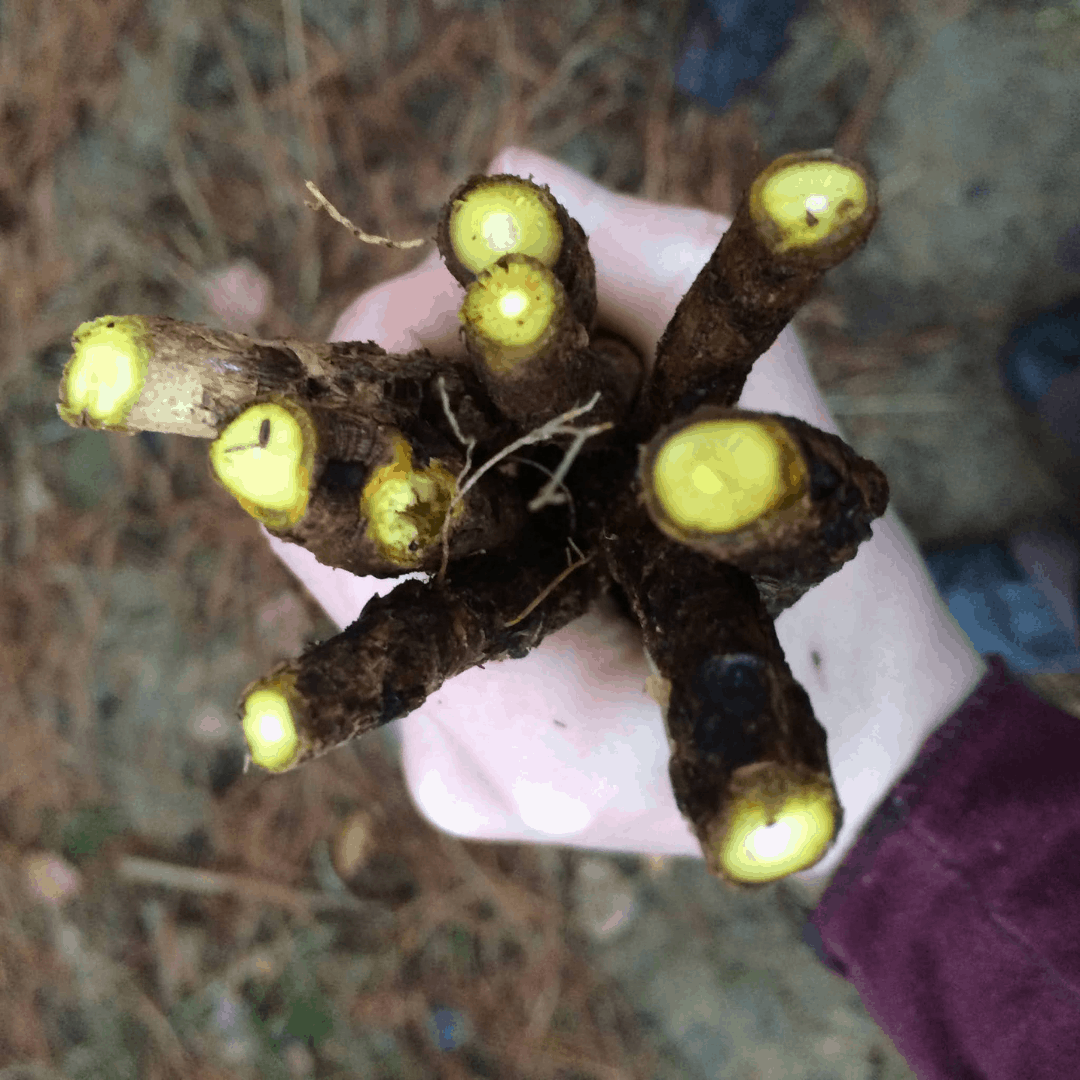
The 3rd thing is nervous system health. The important thing to understand is that your whole digestive system is governed by the autonomic nervous system, specifically the parasympathetic branch of the autonomic nervous system. In that way, none of that stuff works if someone is stressed out all the time. So bitters are good, but maybe the person needs work on their nervous system, maybe they need to learn how to chill out, to calm down when they eat. Maybe they’re burned out and they need to replenish and rejuvenate their nervous system so that they can be a little more even-keeled and calm so they can actually digest their foods better.
So it’s important to look at the role of the nervous system and how it assists in governing and determining the health of the digestive system – and yes, it’s such an easy thing to overlook. It’s so easy to just turn to bitters when something is wrong in the GI. And yes, they usually have a pretty noticeable effect, but sometimes they’re just working on that surface level. So sometimes we need to look a little deeper to see the real reason why someone’s having digestive issues.
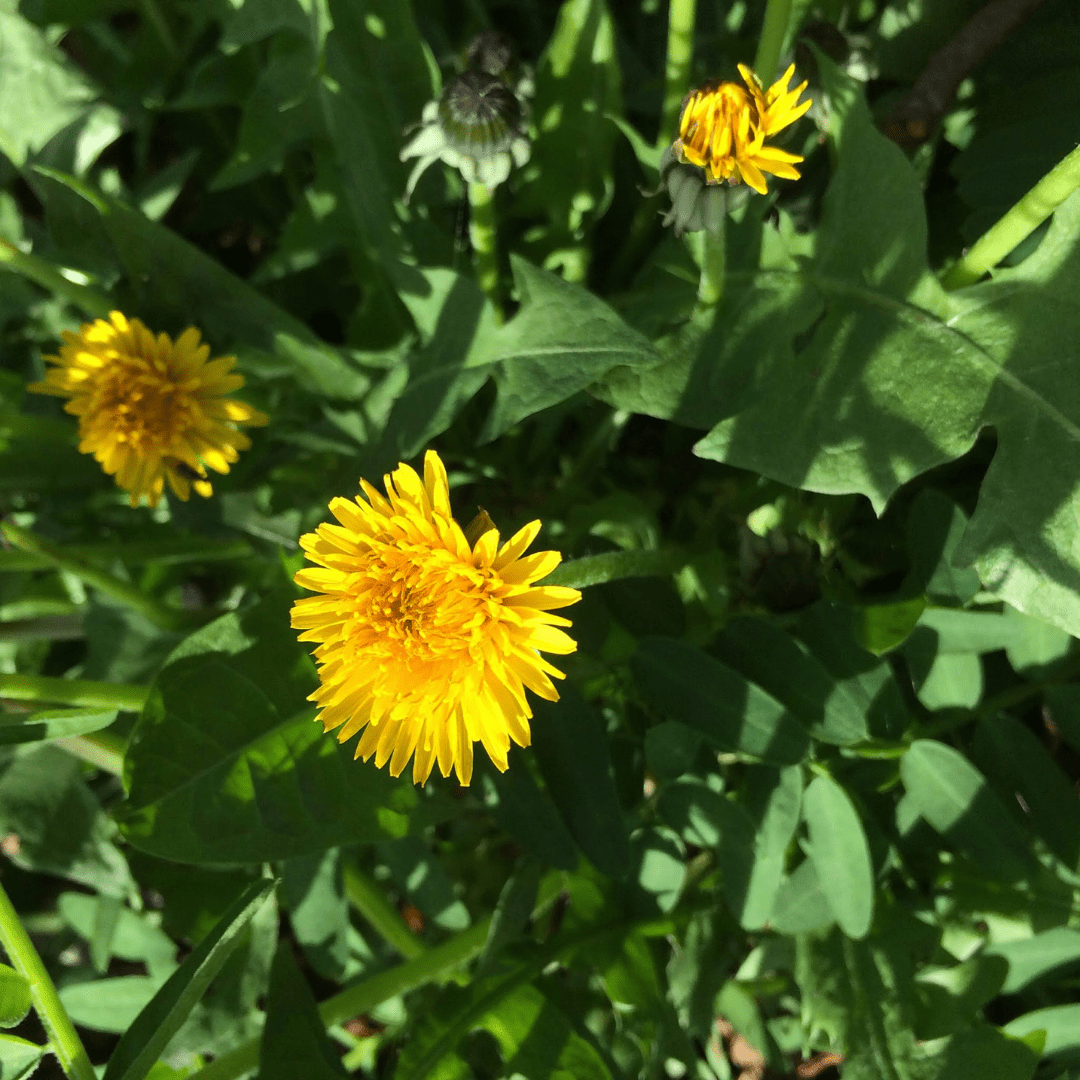
So those are the 3 factors which are important to consider, especially if you’re addressing someone with chronic digestive system problems. #1 – What are the foods they’re putting in their mouth every day? Are they potentially intolerant or allergic to any of those foods? #2 – Have they ever had to take antibiotics that wiped out their gut flora? That’s usually the case with a lot of folks, especially as antibiotics are overprescribed in general, at least here in the United States. And #3 – What is the state of the nervous system?
As far as the body becoming dependent on the bitters, I do think it’s possible, but I also think there’s a need to have that deeper-level reset happen, because the bile secretions are determined by the parasympathetic nervous system. So if that’s not happening, perhaps just straight bitters will help aid in that release, but the deeper-level nervous system reset is going to help the body to be retrained, re-attuned to when to secrete bile at the appropriate time.
I hope this post has opened a slightly different perspective and this helps you use and see bitters in a different way.


